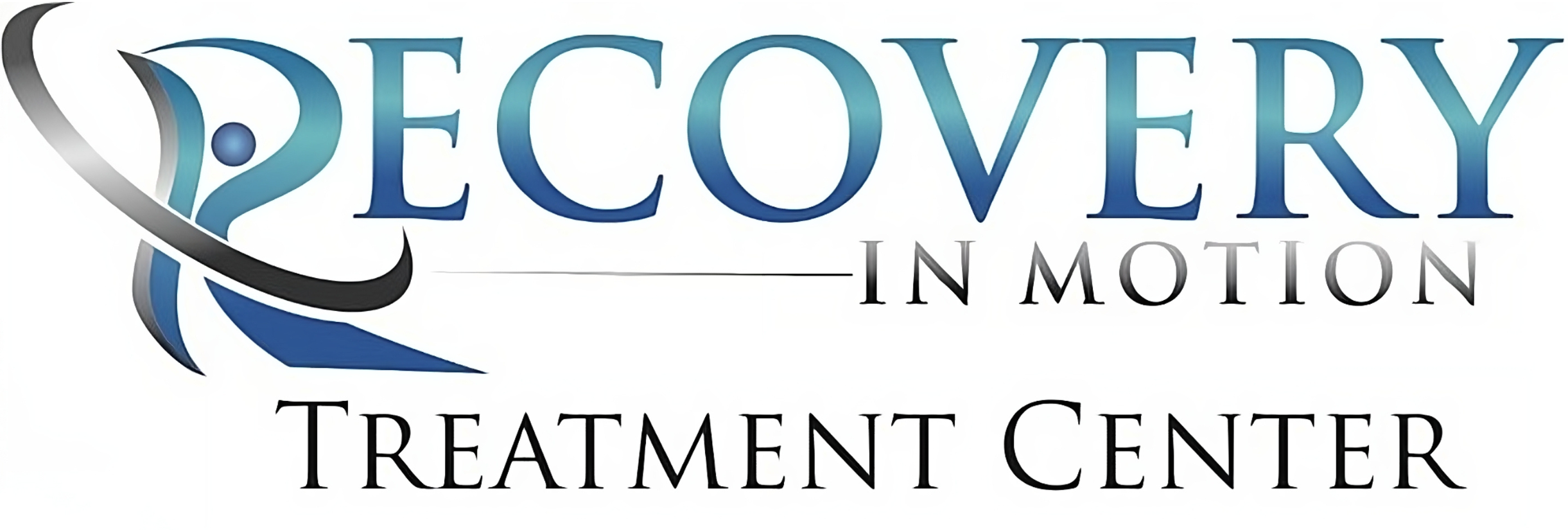It’s true that substance dependency and addiction is an urgent issue in the U.S. Every year millions of individuals are struggling with some type of drug abuse or dependency.
That said, there’s also a lot of data about alcoholics and drug addicts that are simply wrong.
This information normalizes addict stereotypes. and makes it harder for them to get the help they need.
Listed below are some of the most common myths still being circulated about drug addiction and those who struggle with it.
Why is it Dangerous to Believe Myths about Drug Addiction?
Before getting into (and debunking) some of the most common addiction myths, it’s important to emphasize why falling for these myths is so dangerous.
When you blindly accept these myths as fact, you can contribute to a variety of negative outcomes for yourself or the person in your life who is suffering from addiction. Some often common outcomes that stem from the perpetuation of these myths include:
- Increased rates of substance abuse
- Damaged relationships
- Increased mental and physical health problems
- Increased risk of overdose, dangerous withdrawals, and even death
Instead of accepting the myths, it’s important to do your research and base your beliefs on facts rather than opinions.
Common Myths about Drug Addiction
That being said, here are ten of the most common myths about drug addiction, debunked:
1. Addicts Can Quit Whenever They Want
Some people believe that addicts possess the ability to give up their substance abuse whenever they want. The idea is that, if they just exercised enough discipline and willpower, they’d be free of their addiction.
This myth ignores the complicated chemical changes that take place in an addict’s brain. An addict may desperately want to quit. But, they may also have gained a dependence on their drug of choice that makes it virtually impossible for them to give it up without help from a professional.
2. Addiction is a Choice
It’s true that, in most cases, addicts did, at one point, make a choice to use a specific substance. But, this myth ignores the fact that some people are more prone to addiction than others.
The following are contributing factors that influence the likelihood that someone will struggle with addiction:
- Genetic predisposition
- Environmental factors (exposure, abuse, etc.)
- Developmental factors (trauma, family use, etc.)
- Psychological factors (those with lower distress tolerance, higher impulsivity, or poor emotion regulation are more prone to addiction)
As you can see, there’s a lot that goes into addiction. Nobody simply chooses to be an addict.
3. All Drug Users are Addicts
There are plenty of people who use drugs on occasion and never become addicted. It’s important to avoid labeling people in your life as addicts simply because they drink alcohol or use a drug like cannabis on occasion.
There are lots of factors that go into someone being an addict versus someone who occasionally uses a specific substance recreationally.
4. It’s Easy to Identify an Addict
There are lots of stereotypes out there about what an addict looks like. You may even fool yourself into thinking you’re not an addict because you don’t fit the typical mold.
In reality, though, anyone can be an addict, even if they don’t “look” like it. Beware this myth, as it could prevent you from spotting that someone (maybe even yourself) is in trouble.
5. You Cannot Be Addicted to a Medication that was Prescribed to You
Any type of drug can be addictive, including drugs prescribed by a doctor. In fact, many people slip into using more harmful substances because they first became addicted to a prescription drug.
Some of the most frequently abused prescription medications include:
- Opioids (painkillers)
- Benzodiazepines (anti-anxiety drugs)
- Barbiturates (sleep aids)
- Stimulant drugs for conditions like ADHD
It’s very easy to misuse these drugs. Even people who take them as prescribed face a risk of becoming addicted, especially if they have a genetic predisposition to addiction.
6. You’re Not an Addict if You Can Still go to Work
This goes back to myth number four. Just because someone is still able to hold down a job, that doesn’t mean they’re not struggling with an addiction.
Plenty of people are “functional addicts,” meaning they still go to work and handle basic responsibilities. The problem is that they often need their substance of choice to help them perform these functions.
7. There are No Medications that Can Treat Addiction
There are a few different medications out there that can be used to help lessen feelings of withdrawal when someone is working to free themselves from addiction. One well-known example is methadone, which is used to help people overcome opioid addiction.
Some people scoff at these medications, saying that they’re just swapping one addiction for another. This can be true for some people. But, in many cases, the use of these drugs can help an addict make it through the withdrawal process and free themselves of their addiction in a safer way.
8. There’s Nothing Friends or Family Can Do to Help an Addict
It’s easy to feel helpless when someone in your life is struggling with addiction. But, it’s imperative that you don’t give up and assume there is nothing you can do.
Support from family and friends is crucial for addicts. They need to know that you believe in them and are there to support them as they work to overcome their addiction and create a new life.
9. Rehab Doesn’t Help
Rehab is not a cure for addiction in and of itself. There is still work that must be done outside of the rehabilitation facility. But, that doesn’t mean that rehab is not helpful.
For many people, spending a period surrounded by those who are also struggling and having access to trained professionals is crucial for taking steps to beat addiction.
10. Relapse Means the Person has Failed
Relapse does not make someone a failure. It also does not mean their treatment has failed.
Relapse is often a part of the recovery process. It can even serve as a helpful tool to teach addicts about the changes they need to make to see long-term improvement.
If someone you love relapses, or if you relapse yourself, don’t give up hope.
Looking for Help?
If you’re struggling with drug addiction or know someone who is, it’s time to stop believing these myths. This is especially true about the myth that addicts cannot recover.
There are plenty of resources out there to help you or your loved one overcome addiction and get started on the road to recovery.
Contact us at Recover in Motion today to learn more about our services and see if they would be a good fit for you or someone you love.




